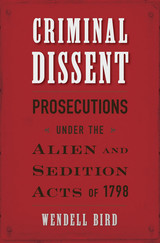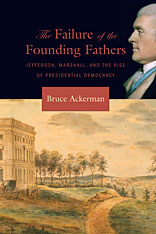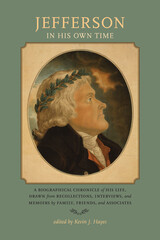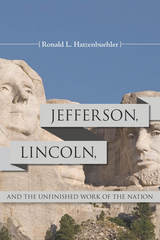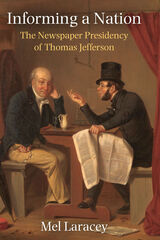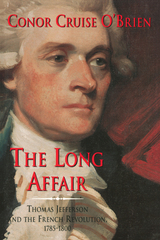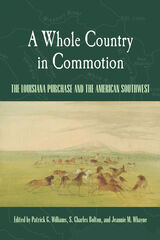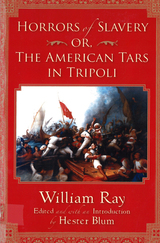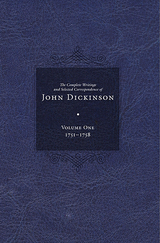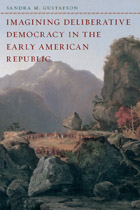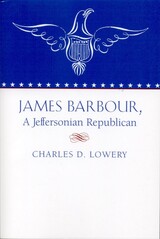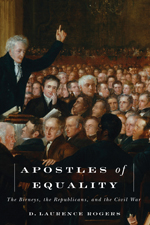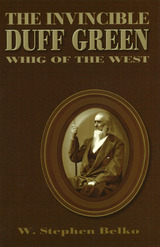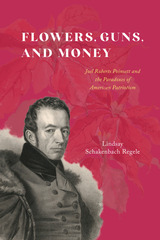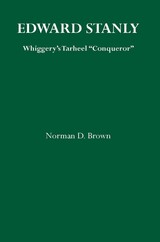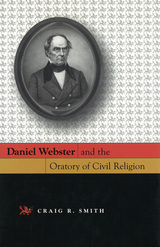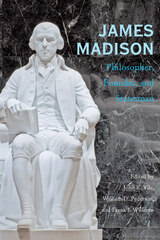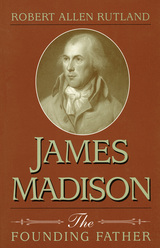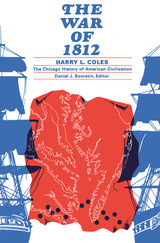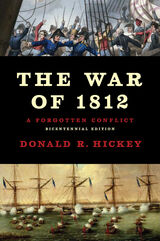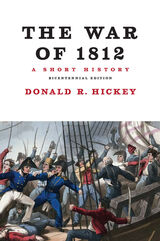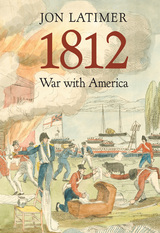Boone, Black Hawk, and Crockett in 1833: Unsettling the Mythic West
University of Tennessee Press, 2019
Cloth: 978-1-62190-486-1 | eISBN: 978-1-62190-551-6
Library of Congress Classification E339
Dewey Decimal Classification 305.90690922
Cloth: 978-1-62190-486-1 | eISBN: 978-1-62190-551-6
Library of Congress Classification E339
Dewey Decimal Classification 305.90690922
ABOUT THIS BOOK | AUTHOR BIOGRAPHY | REVIEWS
ABOUT THIS BOOK
Although name such as Daniel Boone, Black Hawk, and “Davy” Crockett are familiar to most Americans, the historical, political, and literary contexts that produced the mythical images of these figures are unfamiliar to most outside academia. In Boone, Black Hawk, and Crockett in 1833, Michael A. Lofaro compiles, annotates, and analyzes three (auto)biographical writings published in Cincinnati, Ohio, in 1833-The Biographical Memoir of Daniel Boone; Life of Ma-ka-tai-me-she-kia-kiak, or Black Hawk; and The Life and Col. David Crockett of West Tennessee-to reveal how the portrayals of Boone, Black Hawk, and Crockett revised the idea of the “frontier hero.” By placing them together in dialogue through the scholarly reediting of their texts, Lofaro demonstrates that these works exemplify, typify, and epitomize masculinity, burgeoning capitalism, and Jacksonian democracy, probe beliefs in race and class, and provide nothing short of a deep dissection of the frontier mentality of the antebellum period. Additionally, the reception of these works influenced the ways in which nineteenth-century Americans understood and perceived manifest destiny, the removal of Native Americans from their homelands, to the west of the Mississippi River, and the waning concept of “American frontier.” With its great scope and insight, this publication creates connections among many academic disciplines, including colonial America, Jacksonian America, Native American studies, as well as literary and folklore studies.
See other books on: History, Military | Indians | Kings and rulers | Middle West | Wars
See other titles from University of Tennessee Press


